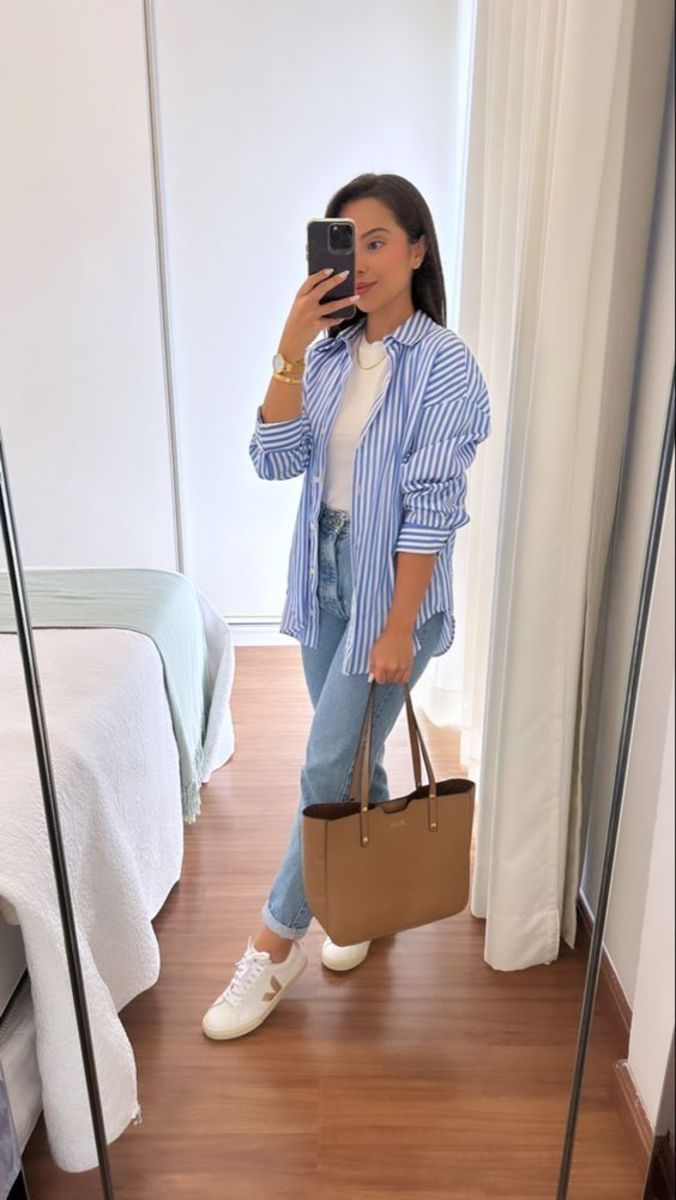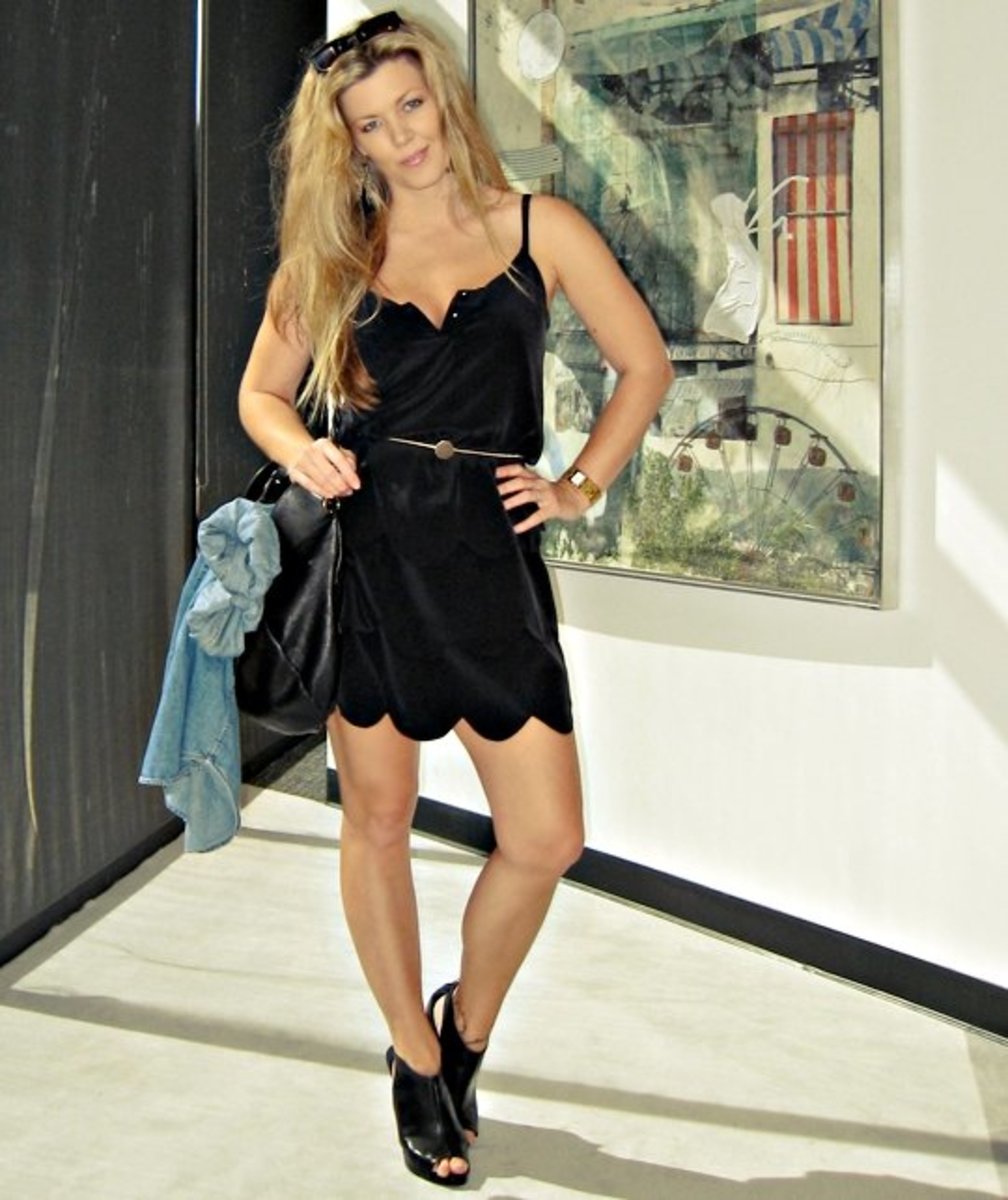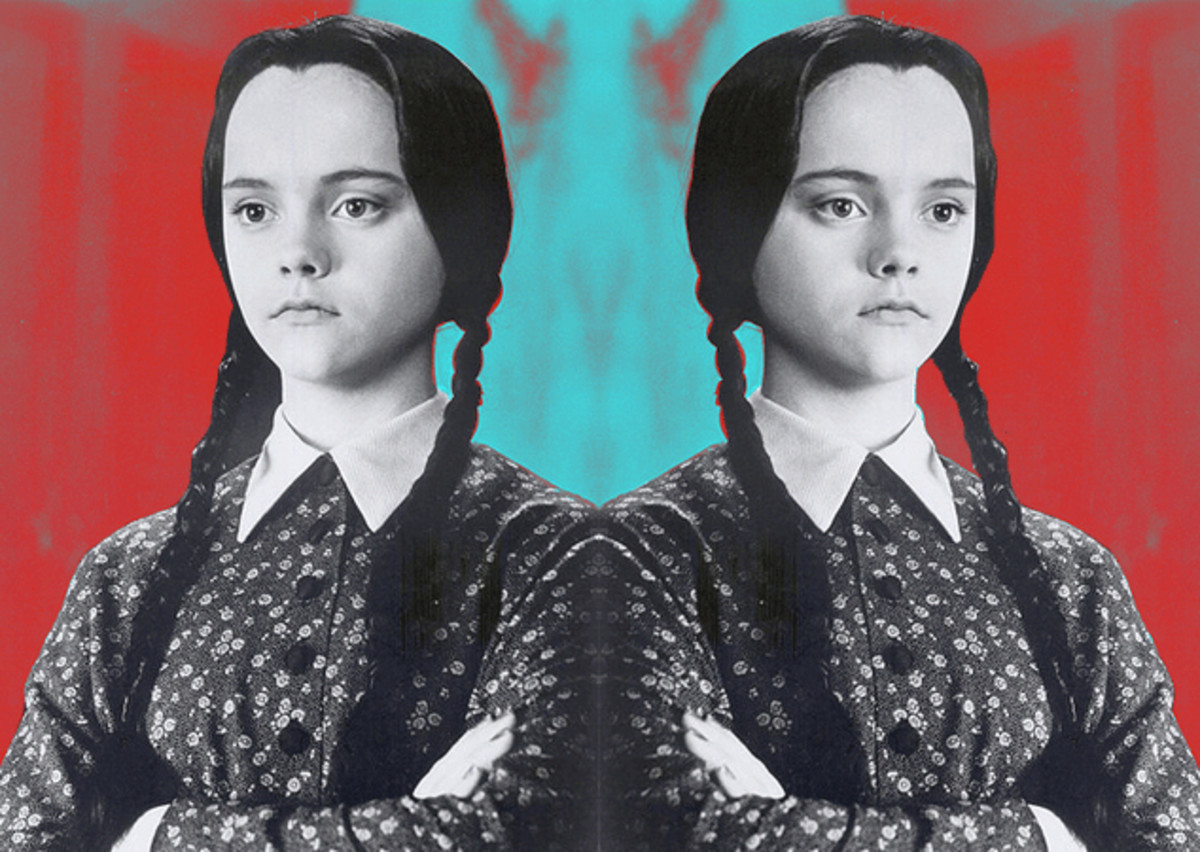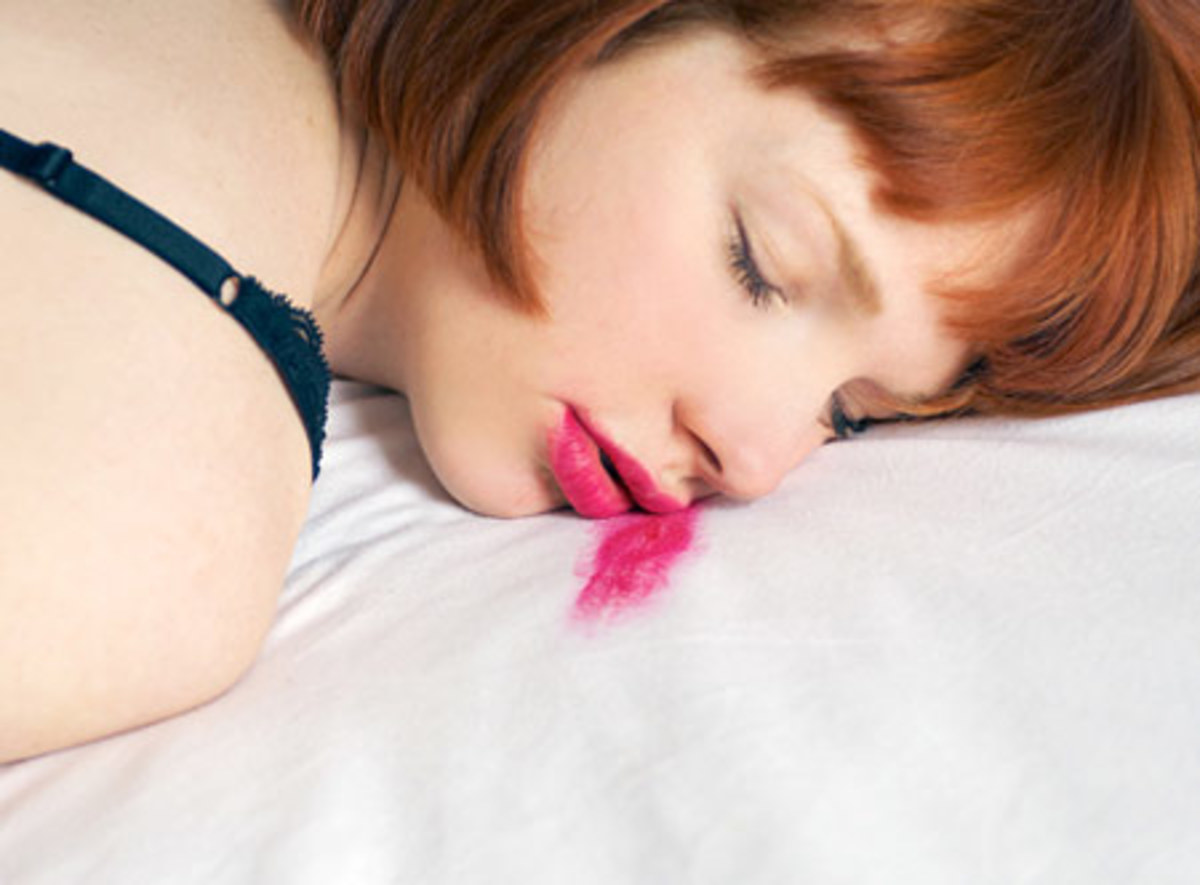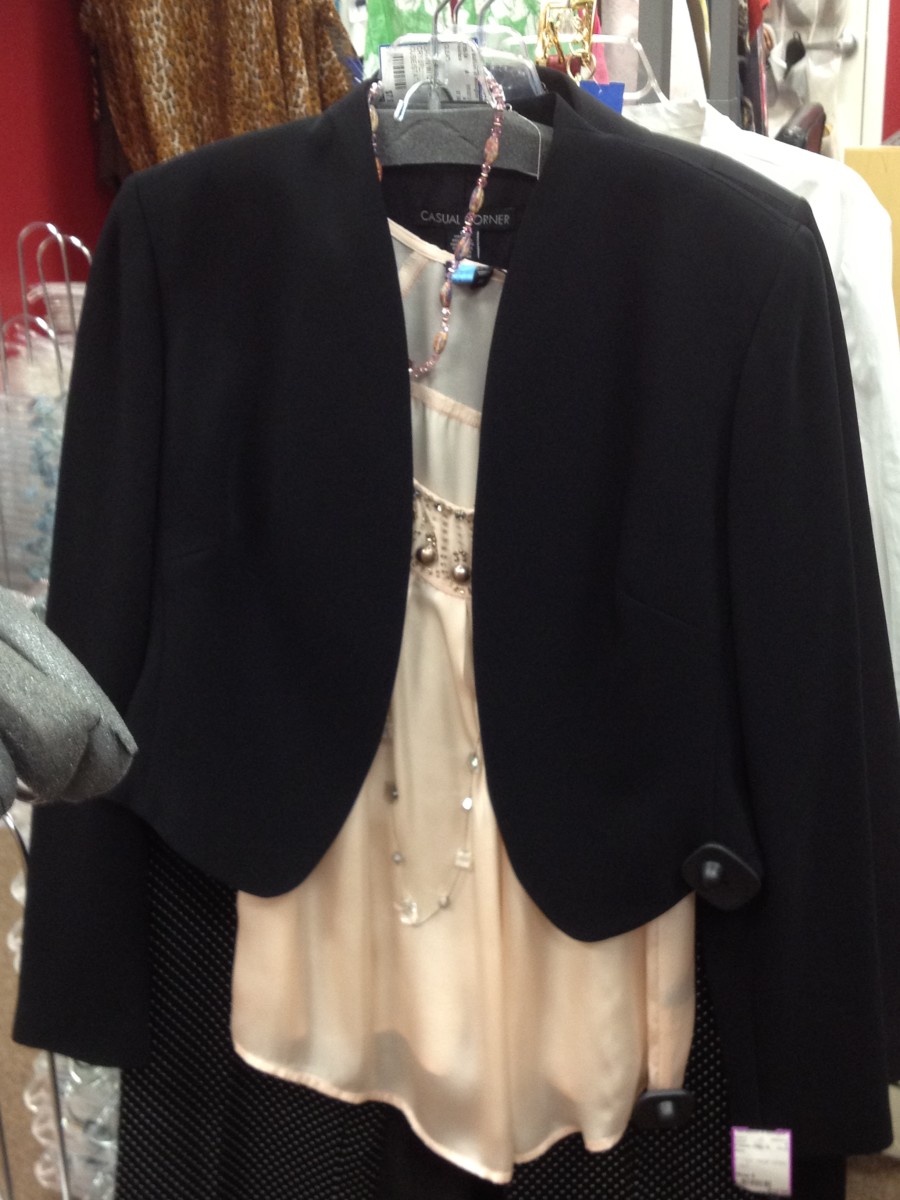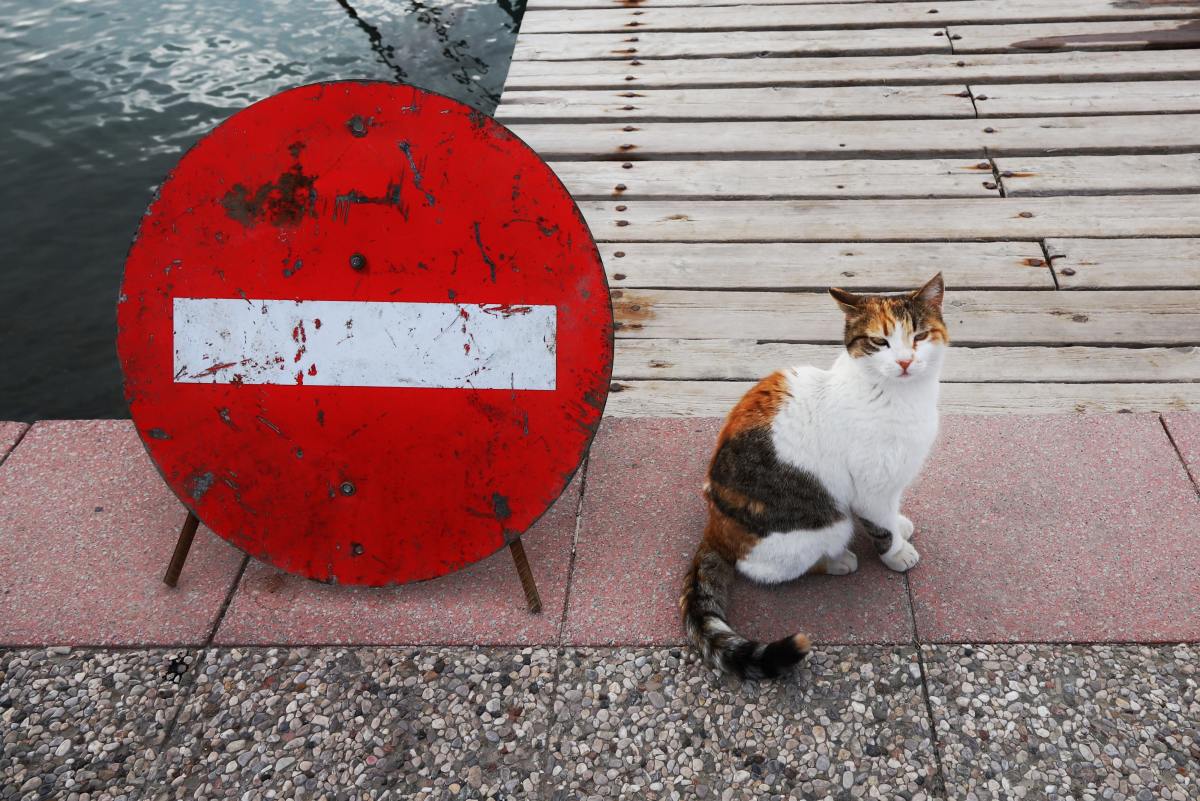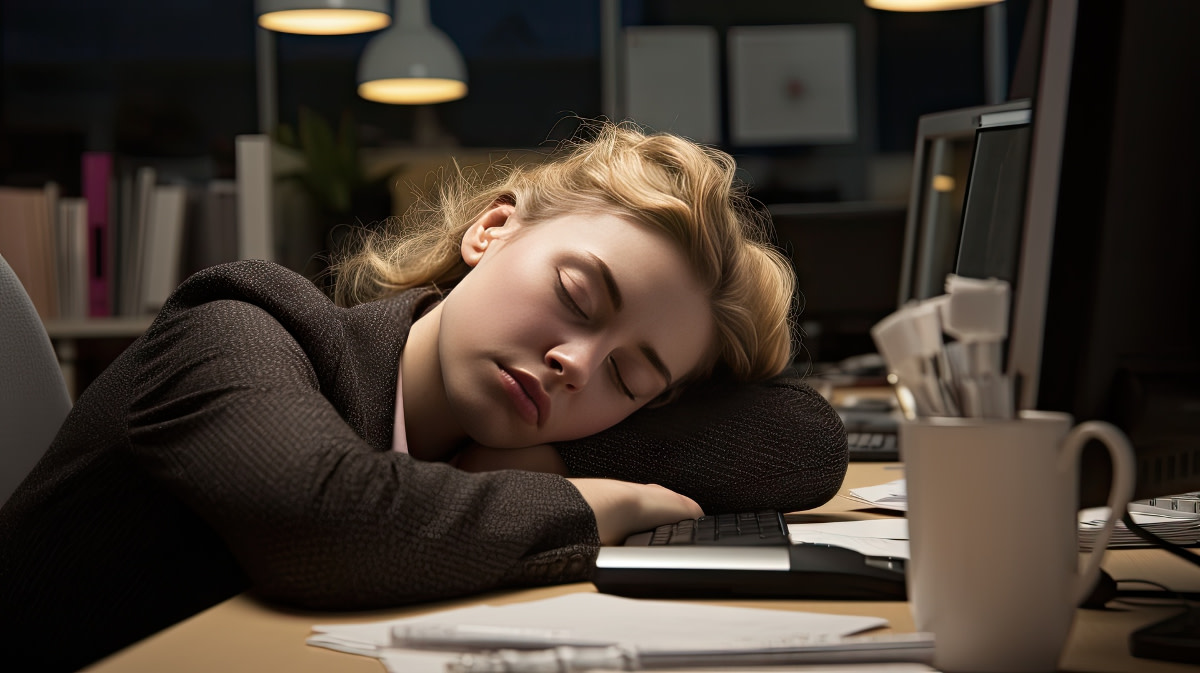How to Dress for Success in Any Business
The Fashion Police
Do you consciously dress similarly to others in your office, especially your boss?
If you don't want to be successful...
...in your office job, don't waste your time reading this article. Otherwise, listen up.
If you think looks don't matter, that you can be judged solely by the quality and quantity of your work, you're fooling yourself: of COURSE looks matter. There are many scientific studies that prove looks can make (or break) your career, both in terms of the level of the organization you will be promoted to and the amount of money you'll make. It's the first thing people see about you, and your first impression must always be a good one. It's not fair, but it's still the way it is. (See references below.)
Men
Yes, you have to get regular hair cuts and shave every single day or keep beards and mustaches super-tidy: only the rich and famous can get away with scraggly hair and beards; see a dermatologist if shaving daily causes skin problems for you. If you're a "vertically challenged" (not-so-tall) executive or manager (or want to become one), buy shoes with a slight heel and then put "lifts" inside them to add an extra few millimeters of height. If possible, adopt a hair style that makes you look taller, too (just ask your barber/stylist).
Women
Yes, you have to wear high heels, within reason: not too high, unless that's the culture where you work, and not too low (unless you have feet or balance issues, of course). Height is where average women have the most trouble keeping up with the average man, so higher is generally better. Also, wear makeup: at a minimum, a 24-hour-type lipstick applied carefully and 24-hour coverup under/around your eyes and on any blemishes. Eyeliner and brow liner is necessary for some women (especially for those with small eyes) and optional for others. Typically you'll want to also wear a foundation or powder to pull your look together by evening out any skin tone and texture variations due to sun damage and age. If you've never worn makeup, go to an expensive store's makeup counter and schedule a makeup consultation: fork over the exhorbitant rate for one or two of the recommended cosmetics and get the exact names of the ones you don't buy. Make sure you look good in all types of lighting you will encounter throughout your workday (daylight, fluorescent light, incandescent light, and/or halogen light)! Clothing colors and styles should also be evaluated by a critical, educated eye.
Study how "they" dress
To dress for success in your job, study very carefully, from hair to shoes, how "they" dress. Who exactly are "they"? They're the beautiful, handsome, popular, outgoing people in your office. They're the people you want to become: your boss, a respected co-worker, the boss of the department you want to be transferred into, etc. In short, they are your fashion (and behavior) role models.
Look at your boss
Look at your boss: is she/he dressed more formally or less formally than other bosses at that level of the organization? Dress according to how your boss dresses. Don't dress better than the boss (that would be insulting), but never dress worse than the person whose position you want to be in.
The worst case is to be under-dressed, unshaven, and un-pressed. (Yes, you have to iron and possibly starch everything you wear to work.) People have actually told me, with some amount of pride, that they never iron. Um, yeah--that's easy to see.
Expert advice: "Dress for Success"
Dressed for business-casual success

Women's wear
If you work in an office environment, you must wear makeup. I don't care if you hate it: grown-up women wear makeup, at least to work. You're welcome and encouraged to wash it off when you get home from work. However, at a minimum, you should wear lipstick and eyeliner, and perhaps eyebrow liner/definer if your eyebrows are thinning or light-colored.
Watch what the other women are wearing, especially managers and your boss if you work for a woman. Discover the trends. The trend right now where I work (in an office park of towers) is SUPER high heels (5"+)--even on tall skinny women, no pantyhose (bare legs), and short-short skirts (even on cold days in cold offices), with makeup that either looks like you're not wearing any at all or skin-tone lipstick with ultra-dark shadow and long-lashed eyes.
Men's wear
Guys tend to either "get it" or not. Please, read this carefully in case you don't realize you are in the "don't get it" category. Just like I said for women, make sure that you're dressing like the other men in your level of the organization or like your boss (without up-staging the boss). NO DENIM jeans. Sorry, but denim just isn't appropriate in a "business casual" atmosphere unless you have a "casual day" on Fridays (or whatever). Then you can wear jeans with a well-pressed, dressy white or pastel-colored shirt (heavy on the starch, button-up, long-sleeved)--tucked in, and with a pressed white undershirt, please.
The good news: jewelry for men is "in" again! No, not '70s or '80s style, This time it's necklaces and bracelets that are a hit amongst the men in my office park. The goal is "simple but heavy". For necklaces, either wear a single heavy gold or silver chain that is a "choker" (right at your neck) length. For bracelets, I see men wearing cuff bracelets (solid metal, tight-fitting) or a heavy chain bracelet that matches the necklace I described above (as tight as you feel comfortable). Some men have adopted thin chains with rather large (size of a quarter) symbols of their faith on them, but again still on a very short thin and elegant chain. Note that gold, silver, and copper are all popular colors of metal right now, as is gunmetal (nearly black) and stainless steel.
Very important: do not let a copper bracelet or other piece of jewelry leave green marks on your wrist or neck. In addition to being unattractive, it shows that you've purchased lower-quality jewelry and it will probably permanently stain your clothes. For a cuff bracelet, to prevent this from recurring, simply coat the entire inside with one to two layers of clear nail polish. For other metals, go to a reputable jeweler and ask for advice on preventing this from happening in the future (they will probably offer to polish it for you while you are talking, which is fine, but don't spend a fortune on their particular cleaning product: get the information you needed on how to prevent it from happening in the future). If the jeweler is trying to sell you a product, double-check their advice with a few other jewelry stores. ;-)
Men and women
Polished and clean shoes should go without saying: buy a full shoe polishing kit and shoe polish in every color of shoe you own. Spend a good deal of time taking care of the shoes that you spend about 1/3 of your life wearing, and buy enough pairs of shoes that you never have to wear the same pair two days in a row. (Men, take a lesson from the women here--many women don't have "too many" shoes, it's the men who have too few.) This gives the shoes time to breathe and dry out and your feet won't start conforming to a particular shape of shoe.
Men can increase their height an inch or two by choosing shoes that are deceptively tall and add an inch or two (I've read several places that height highly affects your chances of a raise and promotion). Yes, they have high heels for men! For existing shoes you may use inserts, lifts, or "risers" inside under your heels, or go to a shoe shop (cobbler) and have them put a taller heel on the shoe.
Women, make sure to wear your heels all day (no taking them off under your desk for more than a second or two) and all the way to the car unless you're absolutely dying from pain. A well-placed Band-Aid can do a world of good (do this in the ladies' room). Another option: they now have fold-flat and roll-up "ballet slipper" style things that you can fit in your purse if there is an emergency and your feet simply WON'T tolerate the dress shoes. Once you're in the car, feel free to take off the shoes and slip on comfortable shoes for the drive to/from work. Not only will you and your feet feel better, you'll save your good shoes from getting marks on the heels from the pedals (the gas pedal and, on manual cars, the clutch pedal). Just make sure you change shoes very quickly and discretely or, if you can't do that, wait until you have left the area around your office and pull over safely to change shoes (5 miles/15 minutes away is the rule I use for interviews and situations such as this).
Eyeglasses are a big fashion accessory for men and women. The trend in my area is to have wide bows (the parts that attach the lenses to your ears) that could be decorated in wild colors or have a detailed pattern etched into them or even filligree work. Men's glasses are just as dynamic as the women's, and everyone seems to own two or three pairs or more.
Tailoring might be necessary
Your clothes, if they don't fit perfectly, need to be tailored to fit you. It only costs a few dollars to have pant legs and skirts hemmed appropriately (only children can get away with rolling the cuffs of their pants up, and nobody likes to see your kneecaps when you sit down in pants that are too short). Also, make sure your suit jacket, if you wear one, is sized appropriately, especially the arm length and shoulder width, otherwise you'll look like you borrowed someone else's clothes for the occasion.
Do you usually wear a product(s) with a scent? (Deodorant, soap, perfume, cologne, aftershave, etc.)
Dress "up" if in doubt
If in doubt, dress on the "up" side, not the "down" side. You never want to be the slob in the office, at the office party, or even at the unofficial office barbecue/picnic/pool party. It's all "official" even if it says "unofficial". "Business casual" doesn't mean "dress like a slob" or "wear what you wear on the weekends", it means wear business attire other than suits and starched shirts. If it's something you'd wear on a normal day at home, it's undoubtedly inappropriate to wear to work. In other words, if you don't have to change out of your work clothes when you get home: you're not dressing business casual, you're just dressing casually.
Pets = lint brush/roller
Pet owners, you've got one more thing to pack in your purse, brief case, desk drawer or glove compartment (better yet, all three): a trusty lint brush to get your pet's hair off of you when you get to work or if you discover it later on. People who see cat or dog fur on you may even think you don't care for your pet properly by getting it groomed regularly!
Remember the guy in the black pants with white pet hair all over his back-side? Yeah. Don't be that person if you want to dress for success.
No scented products!
Very important: skip anything with an odor. Perfume, hair spray, deodorant, body spray, hair gel, cigarette smoke... nobody wants to smell any of that. Save it for a date with the significant other. Modern office ethics make any scents off-limits because so many people are actually allergic to them.

References
- Forbes.com reviews the book, "Beauty Pays" by Daniel Hamermesh, professor of Economics at the University of Texas. The article quotes the book as saying that, "below-average-looking men earn 17% less than those considered good-looking, while below-average-looking females earn 12% less than their attractive counterparts". Also, the review states, "Multiple studies show that obese people earn less, an effect that is especially pronounced among women. Height also boosts earnings, particularly among men."
http://www.forbes.com/sites/susanadams/2011/08/30/does-beauty-really-pay/ - A CBSnews.com article, "How Your Looks Affect Your Salary" discusses the same book, asking in an interview, "Why do you think beautiful people earn more?" and Hamermesh answered, "People pay more attention to them, listen to them better. Also, good-looking people become more self-confident as a result of their looks and prior treatment by others. Finally, we as customers, employers, and fellow employees prefer to be around good-looking people and are willing to pay for the privilege." http://www.cbsnews.com/8301-505125_162-47541647/how-your-looks-affect-your-salary/
- The webmd.com article by Bill Hendrick, "Want a Higher Salary? Get Brains, Beauty: Brains and Attractiveness Give You an Edge in the Employment Market, Study Says" takes this a step further and states that, according to studies, "physical attractiveness had a significant impact not only on how much people got paid, but how educated they were and how they evaluated themselves". http://www.webmd.com/healthy-beauty/news/20090520/want-a-higher-salary-get-brains-beauty
- Salary.com agrees with this line of thought. In the article, "7 Ways Your Looks Affect Your Pay: It Might Not Be Fair, But the Way You Look Plays a Part in How Much You’re Paid", by Aaron Gouveia "Unfortunately, multiple studies show that the amount someone is paid -- and in some cases whether or not they get the job -- is based, at least in part, on how they look." http://www.salary.com/7-ways-your-looks-affect-your-pay/
Further related articles from CBSnews.com:
- http://www.cbsnews.com/8301-505125_162-47540351/what-people-earn-lessons-for-a-salary-stalker/?tag=mwuser
- http://www.cbsnews.com/8301-505125_162-47540552/7-ways-to-increase-your-salary-now/?tag=mwuser
- http://www.cbsnews.com/video/watch/?id=16229061n?tag=mwuser
- http://www.cbsnews.com/8301-505125_162-57261230/career-advice-how-to-get-promoted/?tag=mwuser

About the Author
Information about the author, a list of her complete works on HubPages, and a means of contacting her are available over on ==>Laura Schneider's profile page. But wait--don't go there yet! Please continue scrolling down to leave ratings and any comments you have about this article so that it can be improved to best meet your needs. Thank you!
All text, photos, videos, and graphics in this document are Copyright © 2013 Laura D. Schneider unless indicated otherwise or unless in the public domain. All rights reserved. All trademarks and service marks are the property of their respective owners.


